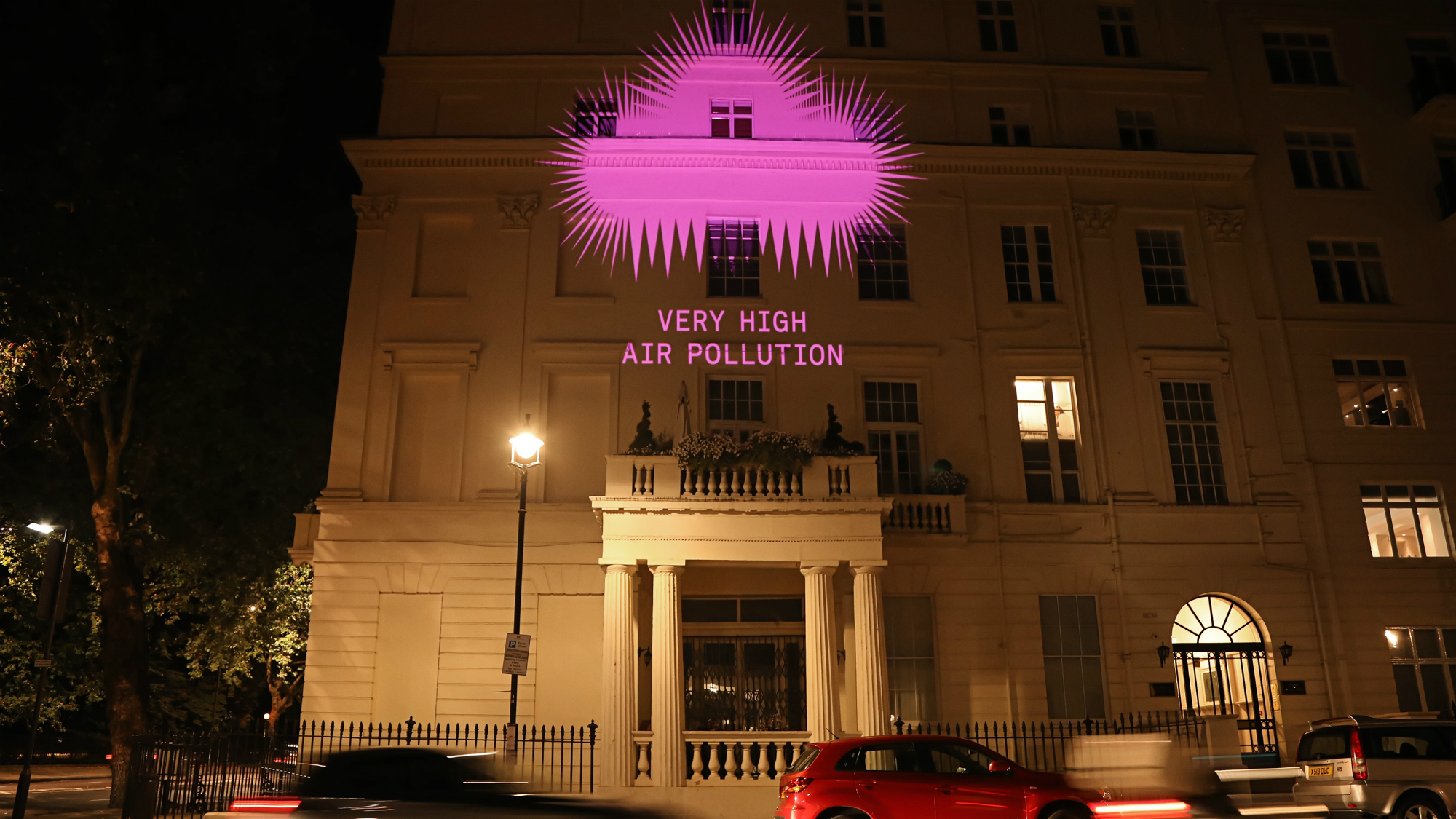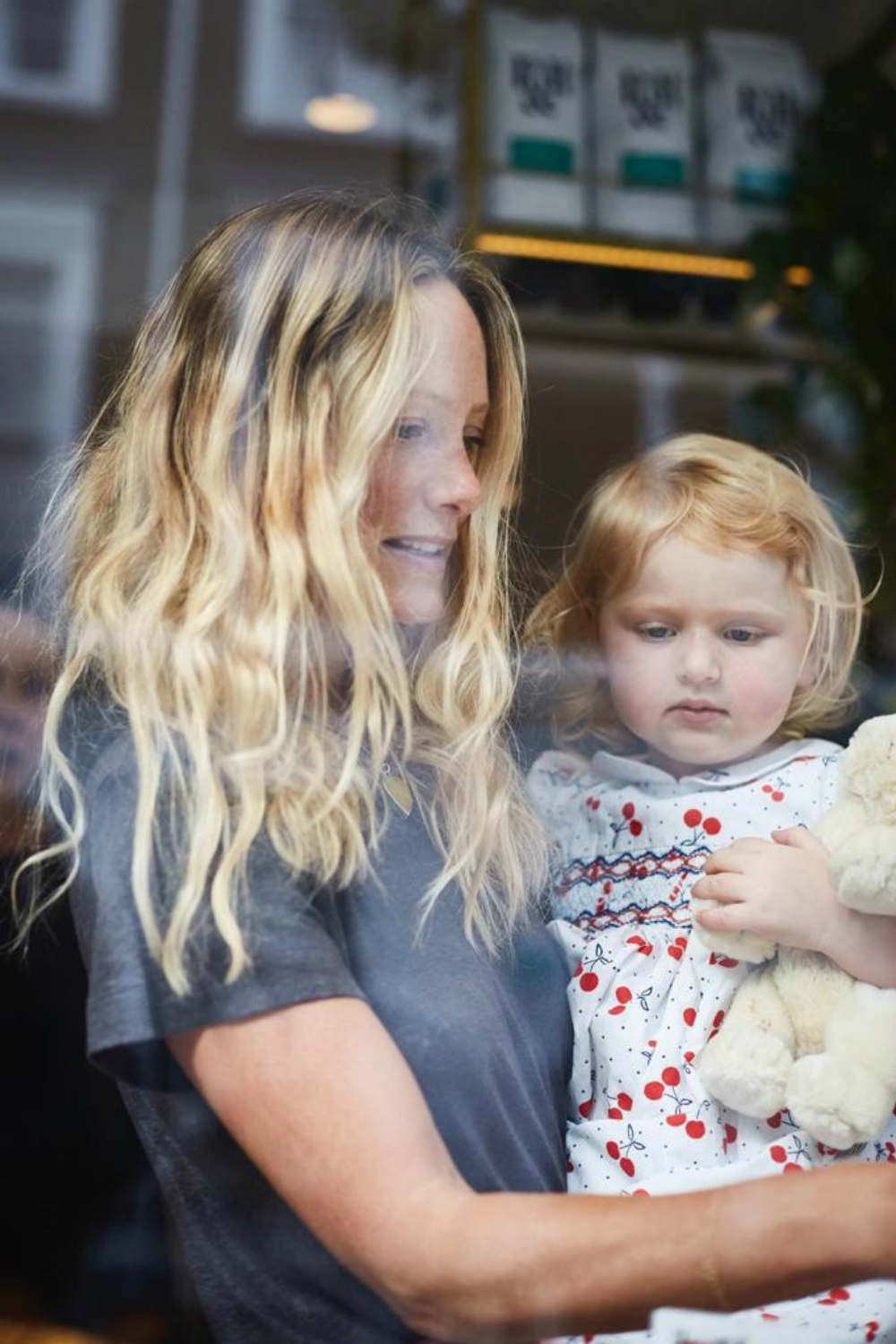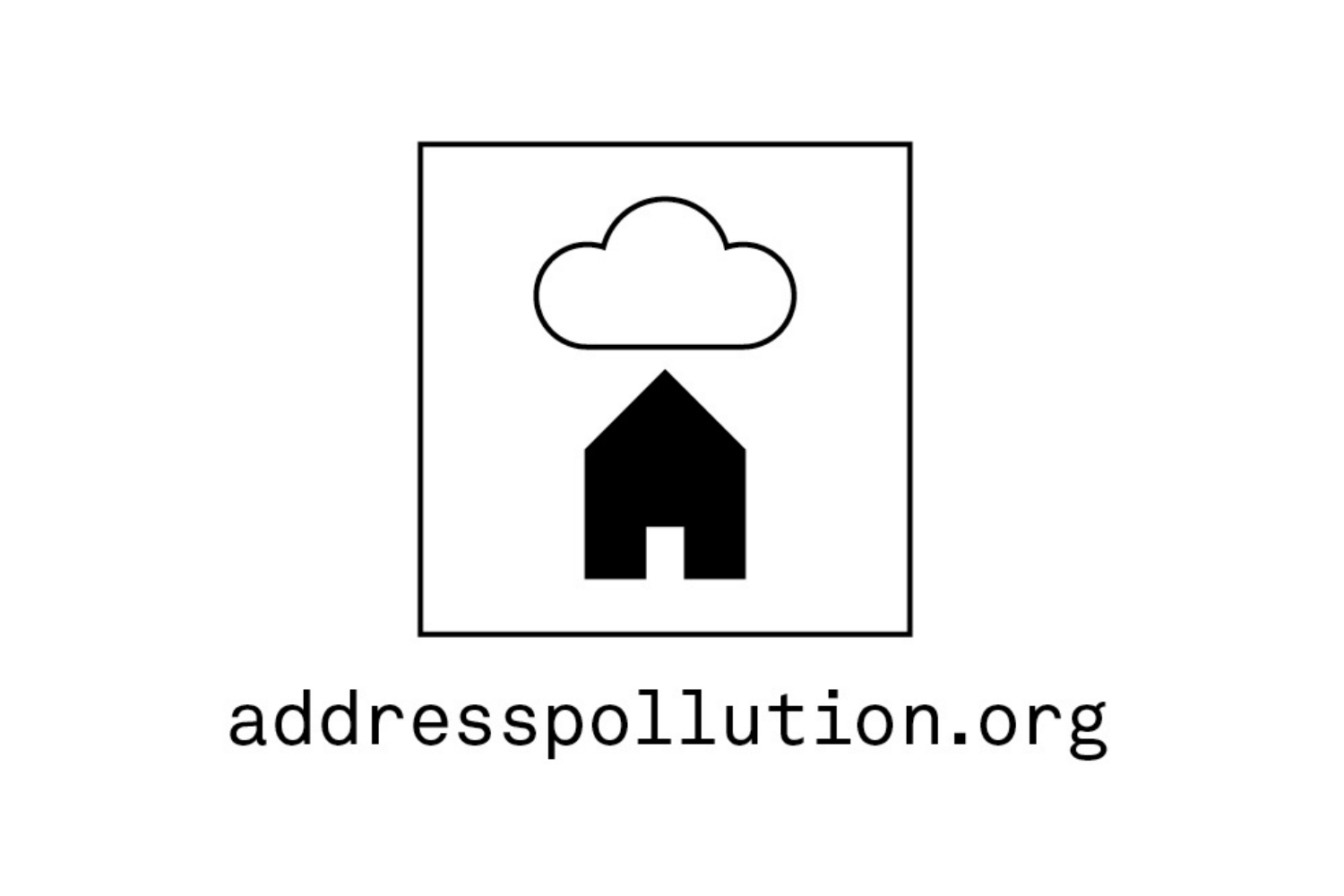Should I move out of London for the sake of my toddler’s health?
Lisa Oxenham explains why she’s considering upping sticks to the countryside with her daughter


Here is why you need to pay attention to the ADDRESSPOLLUTION campaign.
As MC’s Beauty & Style Director I’ve loved living and working in central London for 20 years but with toxic air pollution levels rising and potentially harming my three-year-old daughter, Eliza, I now regularly find myself wondering if I should move to the countryside.
Living in London has given me so much: friends, a career, a home and the best time ever but what I don’t want it to give me is a sick daughter. The latest studies are spooking me so much with findings revealing that every time my daughter goes out to play or walks to her play group she’s breathing in toxins that may eventually damage her long-term health. In fact, London’s air has reached such high levels of toxicity the London Mayor’s office classified it as ‘illegal’ in data published by the London Atmospheric Emission Inventory.

So why am I still here? Because I truly believe London is the best place for me and Eliza. I took my maternity leave where I grew up in Gloucestershire and loved being in the countryside, but I desperately missed London’s buzz and my career in the thriving beauty and fashion industry. I had a community in London, a place I belonged. And the city kept my mind and body busy, while although I love the therapeutic health benefits of the countryside I conversely found my experience isolating. I didn’t want Eliza to grow up seeing a mum who was lonely and who had quit a job that she loved. I want her to learn to chase contentment and to find a life that makes her thrive, and think the best way to teach her that is to show it to her, daily.
But the question of air quality is undeniably hard to ignore. Before falling pregnant, I lived in Notting Hill and, as a cyclist, had clearly been breathing in plenty of fumes - but it was only when I moved back to town after time in the countryside that the stark difference in the quality of air struck me.
‘Exposure to high levels of air pollution can lead to life-long impacts for children’s respiratory systems, neurodevelopment, and health more broadly,’ says Beatriz Cardenas, Air Quality Manager at the World Resources Institute. ‘Some of these impacts are set even without long-term exposure – brief, high levels of pollution can affect lung development and resilience for the child’s lifetime.’
Yes, the nightmare is real and as Unicef has acknowledged, we are in the middle for a public health emergency. UNICEF’s Pauline Castres, Policy and Advocacy Advisor says: ‘No parent should have to make the decision to move out [of a city] to protect their children’s health, and every child deserves the right to breathe clean air wherever he or she lives. Children are particularly vulnerable to air pollution as their growing heart, brain, lungs and immunity system are still developing, and research is also beginning to point towards effects on growth and intelligence.’
Marie Claire Newsletter
Celebrity news, beauty, fashion advice, and fascinating features, delivered straight to your inbox!

A new citizen-funded initiative, addresspollution.org, by the Central Office of Public Interest (COPI) is giving Londoners the tools to act and demand change. At addresspollution.org you enter your postcode and get a free report on the annual average levels of pollution there. It makes it clear if your London home area exceeds the World Health Organization’s annual legal limit for clean air. The data, from King’s College London gives every address in London an accurate, annualised reading of nitrogen dioxide and then details the specific health and financial costs for living there.
It’s also easy to lobby your council with localised solutions and to demand action by signing a petition through your MP. Humphrey Milles, founder of the COPI says: ‘Air pollution is killing people across the country, and London is one of the worst hit - but people won’t believe it until it affects them or their children. Find out your rating and then lobby your government for the sake of your kids.’ COPI plans to extend addresspollution.org to other UK cities by February 2020.
The question of whether to stay a Londoner or move back to my home town of Stroud, Gloucestershire, remains unanswered. But for now, I’m joining COPI and putting their advice on measures parents can take to protect their children into action.
1. Switch driving a car to walking, cycling or using public transport
Walk, cycle, bus or train it. Drivers can be exposed to twice as much air pollution as pedestrians and nine times more than a cyclist. So as well as cutting down the amount of pollution you make, you're reducing your exposure and getting some exercise too.
2. Take the side streets
Using quieter streets when you’re on a bike or on foot can lower your kids exposure to air pollution by 20%.
3. Avoid exercise when pollution is high
There are about 10 to 20 high pollution days a year when it’s better to avoid intense activity, particularly if your children have a heart or lung condition.
4. Choose Click & Collect
Many city workplaces report that half of all deliveries are personal parcels for staff. That’s a whole lot of extra vans clogging up the city. Instead, choose a Click & Collect location near home.
5. Switch off engine when stationary
By turning off your car engine whenever you’re not moving – and it’s safe to do so – you’ll help to make the air cleaner for you, other drivers and pedestrians.
6. Keep your car tyres inflated
Inflating your tyres properly means your car will be more efficient and use less fuel. And remember to give your car a regular service to ensureit runs as efficiently and cleanly as possible.
7. Invest in an electric car
If you have to drive, Electric Vehicles (EVs) are better than their petrol and diesel counterparts - and their costs over a lifetime are cheaper than you might think. So when you upgrade your car, consider buying an electric vehicle.
8. Inspire others
Encourage others to take the actions above to improve the air we breathe.
Lisa Oxenham is a trailblazing beauty editor, journalist, stylist, and creative director with over 20 years of transformative impact in the beauty industry. As the Beauty and Style Director at Marie Claire UK, she orchestrates high-profile shoots with celebrities and influencers, creating visually stunning and globally resonant content.
A passionate advocate for sustainability, Lisa serves on the Advisory Board for the British Beauty Council's Sustainable Beauty Coalition and the Media Advisory Board. She is also an ambassador for the Soil Association certification and the Amazon Research Institute. Through her "In The Loop" column, she keeps readers informed about the latest advancements in sustainable beauty and supports brands that champion environmental causes, emphasising the need for the beauty industry to reset its priorities.
Lisa's influence extends beyond words; she directs inspiring short films on sustainability and challenges in the beauty industry and is a sought-after public speaker. Recently recognised in the Who’s Who in Natural Beauty 2023, she also champions mental health and eco-conscious practices, demonstrating that glamour and environmental responsibility can coexist beautifully.
-
 How are Trump’s tariffs affecting the fashion industry?
How are Trump’s tariffs affecting the fashion industry?The fluctuating situation in the US is having very real consequences
By Rebecca Jane Hill
-
 Here's every character returning for You season 5 - and what it might mean for Joe Goldberg's ending
Here's every character returning for You season 5 - and what it might mean for Joe Goldberg's endingBy Iris Goldsztajn
-
 Céline's new Selfridges pop-up is an ode to summers on the French Riviera
Céline's new Selfridges pop-up is an ode to summers on the French RivieraA one-stop-shop for the ultimate holiday wardrobe
By Clementina Jackson